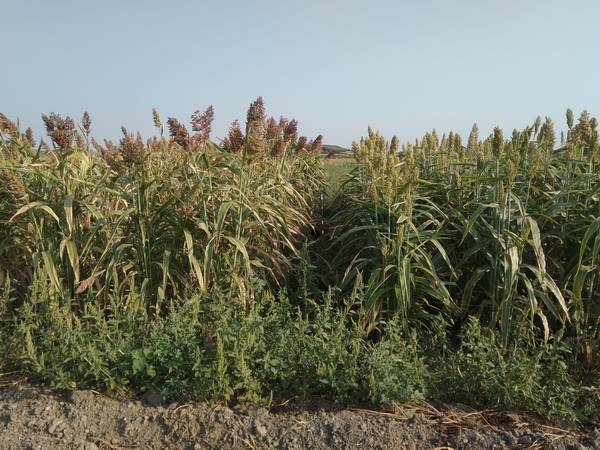Cleaning up contaminated environment with living plants (phytoremediation)
Human activities, such as industrial production, agriculture and transport, result in significant pollutant emission. Cleaning the contaminated environmental elements (soil, water, air) by conventional methods (e.g. disposal with chemicals, soil replacement, etc.) is a very costly process. However, through their vital process, plants are able to absorb soil contaminants and to store them in their organs (root, stem, leaf), thus reducing soil contamination. The process that use plants to clean up contaminated soils is called phytoremediation. Phytoremediation is an environmentally friendly, relatively low-cost technology for vast surfaces, in which the environmental cleanup makes the soil fertile again. The process also produces a large amount of biomass, which can be used as fuel, furthermore metals can be re-extracted from incineration.
In the framework of the program, members of Phytoremediation 1. research group at the University of Debrecen in collaboration with the Phytoremediation 2. research group at Nyíregyháza University develop an effective phytoremediation methodology and technology.
